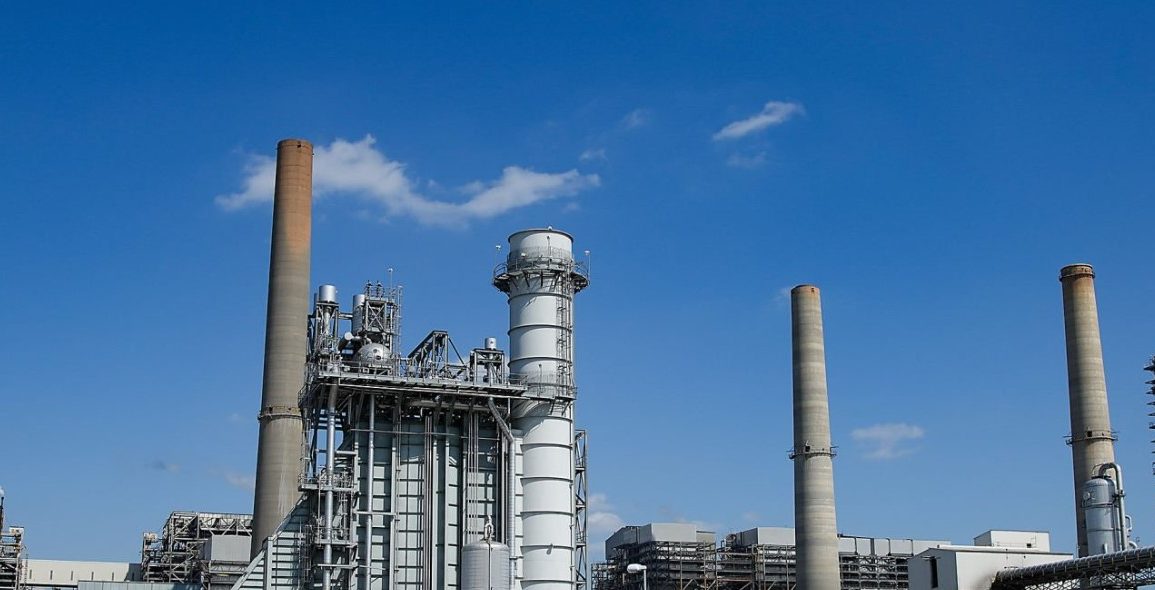In a recent commentary, George Monbiot vehemently criticized Labour’s carbon capture proposals, labeling them as a potential financial disaster.
His stance has sparked considerable debate, particularly among readers who support a different viewpoint.
This discussion is particularly pertinent given the findings of the Intergovernmental Panel on Climate Change (IPCC) and the UK’s Climate Change Committee (CCC), both of which advocate for the vital role of carbon capture and storage (CCS) in achieving net-zero emissions.
The IPCC’s endorsement extends to more advanced and costly technologies like direct air carbon capture (DACC).
Unlike traditional methods that capture emissions at the point of combustion, DACC seeks to extract CO2 directly from the atmosphere.

Critics argue that the UK has a history of mismanaging large-scale infrastructure projects, citing the ongoing challenges faced by the HS2 rail project.
However, this skepticism about CCS could undermine the progress needed for other critical initiatives, such as heat pump installations and grid expansion.
With the world already exceeding the necessary benchmarks for limiting global warming to 1.5 degrees Celsius, reliance solely on land-use management strategies is insufficient.
The challenge is amplified by the past abandonment of CCS projects, which many attribute to austerity measures and a retreat from earlier environmental commitments.
Recent reports, including one from the Royal Society, highlight the pressing need for CCS technologies to meet climate targets.
As the UK strives for a sustainable future, the importance of embracing innovative solutions like CCS cannot be overstated.
The ongoing debate emphasizes the need for informed discussions that weigh both the potential benefits and risks of these technologies in the fight against climate change.

